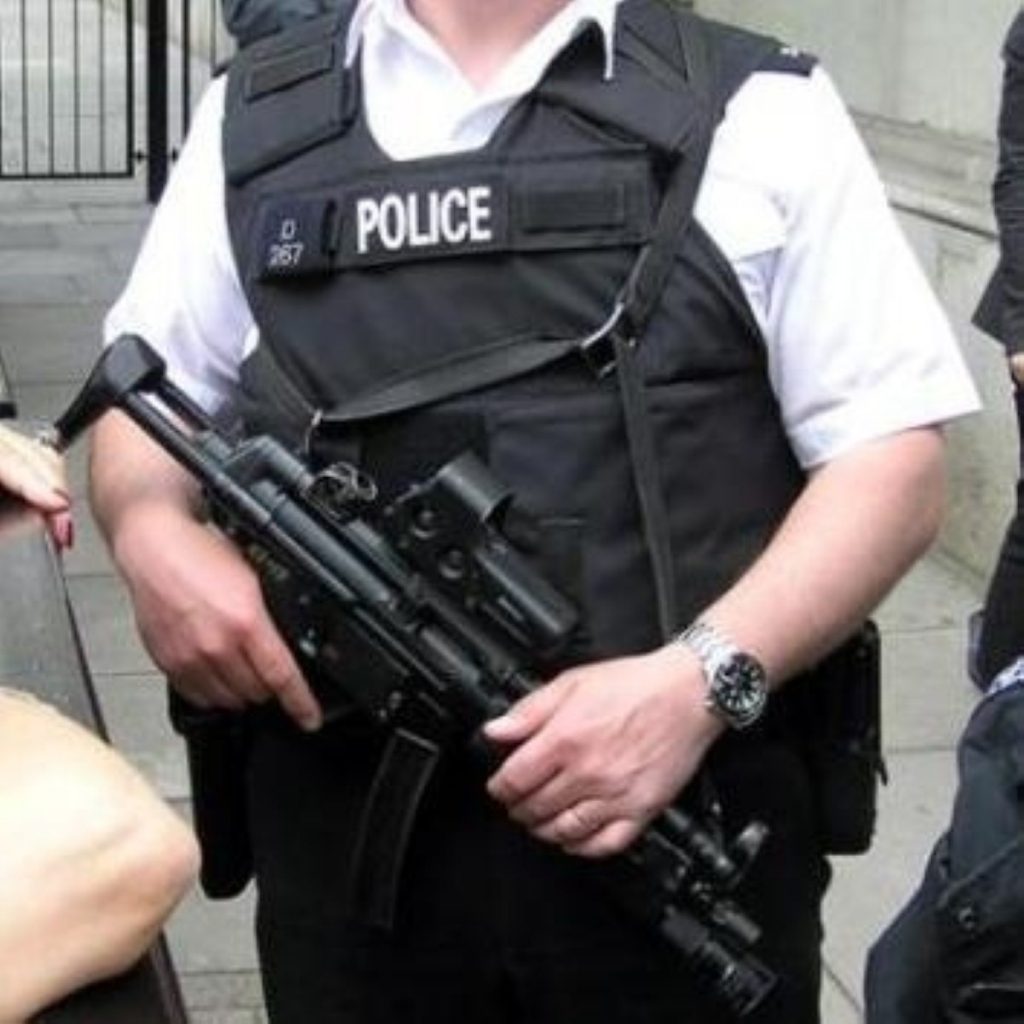28-day detention comes into force
New police powers to hold terror suspects for up to 28 days without charge come into effect today.
The plans, included in the Terrorism Act 2006, were highly controversial and led to the Labour government’s first Commons defeat since coming to power nine years ago.
Original proposals to extend the maximum detention time from 14 days to 90 were roundly rejected in the Commons by a vote of 322 to 291, with 49 Labour MPs rebelling.
MPs agreed on the 28-day limit as a compromise, with a judge reviewing the case every week, although the Liberal Democrats still insisted it was draconian.


Today home secretary John Reid said it would give police the powers they needed to tackle the threat posed by terrorism, insisting: “We must defend our traditions and values against those who seek to abuse or undermine our way of life.”
He added: “This power will give our law enforcement agencies the tools they need to tackle the increasingly complex and global nature of terrorism and gather and analyse evidence to prosecute terrorists who make ever greater use of new technology such as encrypted computers.”
Earlier this month, the home affairs select committee said the 28-day limit may have to be extended, due to the growing number of terror suspects monitored by police and security services.
However, chairman John Denham said any changes would have to be prompted by “compelling” evidence that an extension was indeed necessary, and the committee recommended a new independent body to keep the subject under review.
From tomorrow, orders banning four new organisations will also come into effect. Al Ghurabaa and Saved Sect are based in the UK, while the Baluchistan Liberation army (BLA) and Teyrebaz Azadiye Kurdistan (TAK) are based in Turkey and Pakistan respectively.
“Protecting the public and strengthening national security is my top priority and I am pleased that parliament has supported the banning of four groups – which are either directly involved in or which glorify terrorism,” said Mr Reid.
“From today it will be a criminal offence to belong to or encourage support for these organisations. By banning these groups we are creating a hostile environment in which terrorists find it more difficult to operate, and tackling every part of the terrorist network.”









